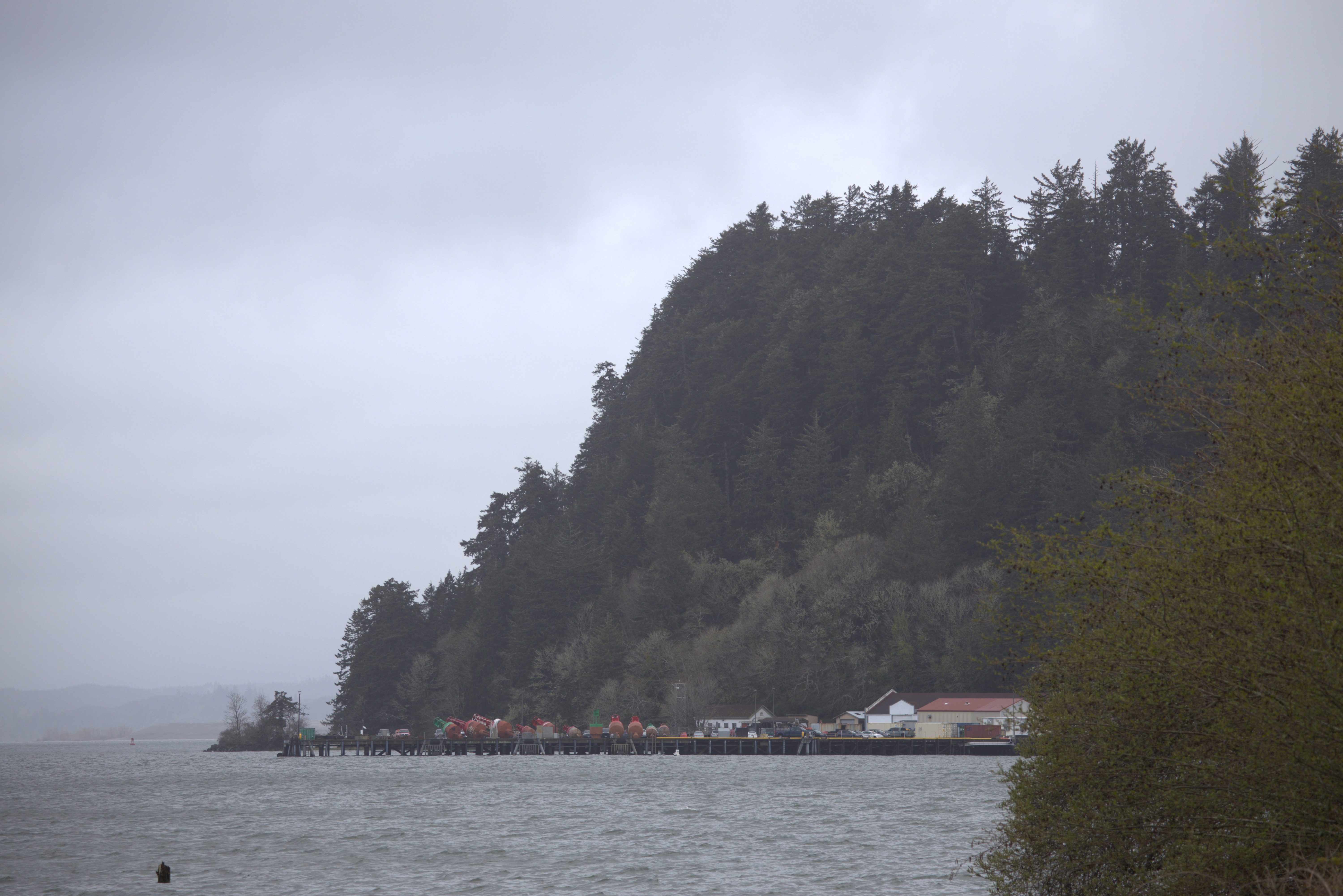Ships bring air pollution, too
Published 5:00 pm Sunday, April 15, 2007
There aren’t many living along the Columbia estuary who don’t savor the sight of ocean-going ships majestically moving up and down the river like skyscrapers turned on end and freed to float the world. Turning a corner and encountering a carnival-colored foreign ship silently gliding by is one of Astoria’s particular charms.
Quite aside from any aesthetic-based affection for ship traffic, they also bring economic wealth to our region and jobs for everybody from bar pilots to wheat farmers.
Unfortunately, they also bring an enormous amount of air pollution, a problem that must be dealt with now, before international trade with Asia ramps up to a frenetic pace. The Far East’s burgeoning population is expected to import more and more American commodities, while our taste for Japanese and Korean cars and other consumer goods seems to know no bounds. The ongoing deepening of the Columbia shipping channel is explicitly premised on a great deal more Asian trade.
A just-released study of maritime air pollution around Puget Sound has numerous important parallels and lessons for the communities of the Columbia, from Astoria to Portland and beyond.
Ships and the trucks used to distribute shipping containers produce more than half of diesel particulate matter in the Greater Seattle area. In addition, maritime activities spew into the atmosphere thousands of tons of fine particulates like smoke, soot, dirt and dust. In this time of dawning awareness of the climate-change threat, it’s also a matter of tremendous concern that ocean-going ships annually produce millions of tons of greenhouse gases along the U.S. West Coast.
A consultant commented to the Seattle Post-Intelligencer that “Everybody understands that trade is great, but if I can’t breathe, what’s the point?”
Several serious ailments have been linked to diesel pollution. “If you think of diesel, think of asthma first and cancer second,” according to a representative of the American Lung Association of Washington, which participated in the Puget Sound study. Especially for the 10 percent of Americans with asthma, fumes produced by the maritime industries can literally be a matter of life and death.
A sudden awareness of the extent of ship-related air pollution has sparked an intense reaction by major California ports, which instituted harsh regulations that are now under legal counterattack by industry. In Washington state, the Port of Seattle is trying to limit emissions through voluntary negotiations.
There has been comparatively little publicity about this issue on the Columbia, perhaps because jurisdiction is split between two states and several industrial ports.
It’s vital that Columbia River citizens and leaders cooperate in ensuring that pure air continues to be a treasured community asset for many generations to come. One thing is certain: This won’t happen if left to chance or to belated reaction after the problem becomes severe enough to notice.





